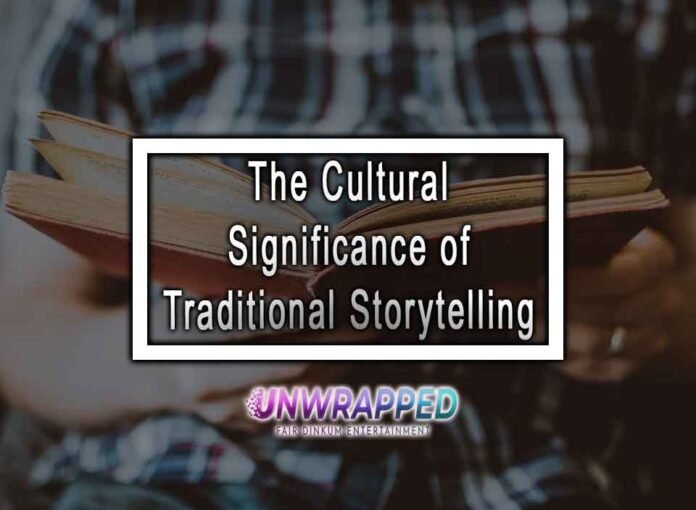Embarking on a Timeless Journey: The Magic of Traditional Storytelling
In the hustle and bustle of modern life, traditional storytelling emerges as a timeless treasure, carrying the weight of history and the soul of cultures. These captivating tales, woven through generations, hold cultural importance that goes beyond mere entertainment. Join us on a journey to explore the enchanting world of traditional storytelling and discover how it continues to be a cherished art form, preserving heritage and fostering a sense of belonging.
1. Preserving Cultural Heritage through Oral Traditions
At the heart of traditional storytelling lies the oral tradition, where knowledge and wisdom are passed down from one generation to another. Through the spoken word, communities preserve their customs, beliefs, and rituals, forming a cohesive cultural identity that stands the test of time.
2. Creating Collective Memory
Traditional stories function as a collective memory bank, retaining significant events and experiences from the past. Whether they recount historical battles, legendary figures, or ancestral journeys, these narratives anchor cultures to their roots, serving as a powerful reminder of where they come from.
3. Instilling Values and Moral Guidance
Embedded within traditional tales are profound moral lessons and values. As listeners follow the trials and triumphs of characters, they learn essential virtues like bravery, kindness, and perseverance. Such moral guidance aids in shaping individuals and strengthening the fabric of society.
4. Connecting Across Generations
Traditional storytelling fosters intergenerational bonding, bridging the gap between grandparents and grandchildren. As elders share stories with the younger generation, a connection is formed that deepens the appreciation for familial heritage and traditions.
5. Celebrating Diversity and Cultural Uniqueness
Every culture boasts a rich tapestry of myths and folklore, reflecting their unique experiences and perspectives. Traditional storytelling celebrates this diversity, promoting cultural acceptance and appreciation, thus nurturing a harmonious global society.
6. Passing Down Survival Wisdom
In ancient times, survival depended on knowledge handed down through stories. Traditional tales often contain practical wisdom about navigating the natural world, hunting, farming, and facing adversity. Today, these insights continue to inspire sustainable practices and ecological awareness.
The End, or Just the Beginning? Embracing the Legacy of Traditional Storytelling
In a world where digital media dominates, traditional storytelling remains a beacon of cultural richness and significance. From generation to generation, these narratives carry the essence of cultures, preserving history, values, and customs. Embracing traditional storytelling means honoring the voices of our ancestors and forging a profound connection with our heritage. So, the next time you gather around a campfire or sit with loved ones, let the magic of these timeless tales unfold, for within them lies the collective soul of humanity’s journey. Let us celebrate and cherish the cultural importance of traditional storytelling, ensuring it remains an everlasting flame that guides and inspires generations to come.
Surprising: Evolution of Communication Methods











